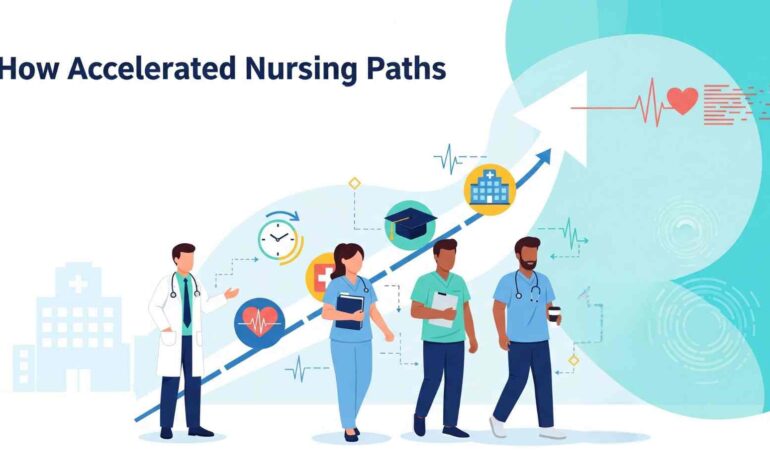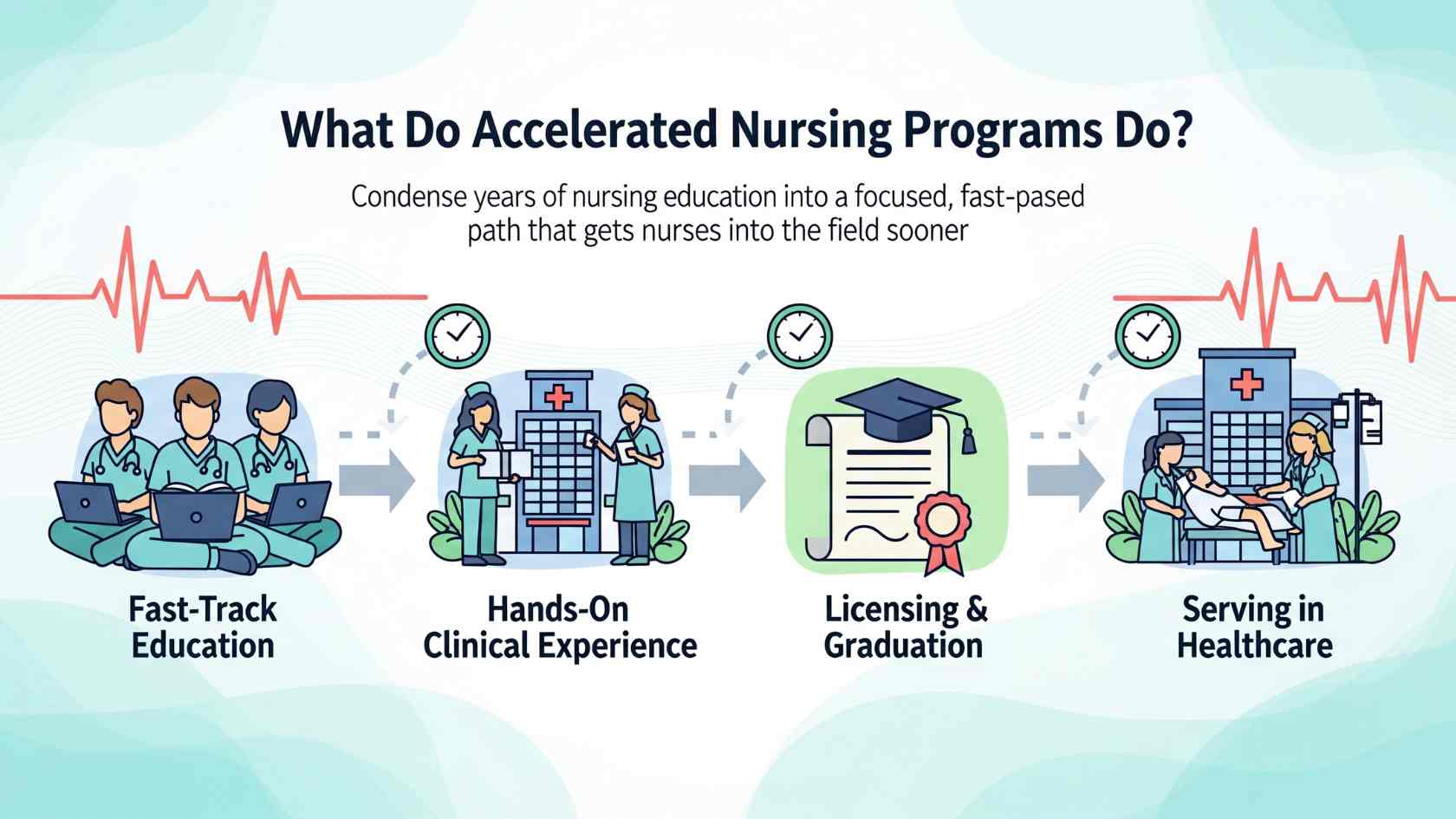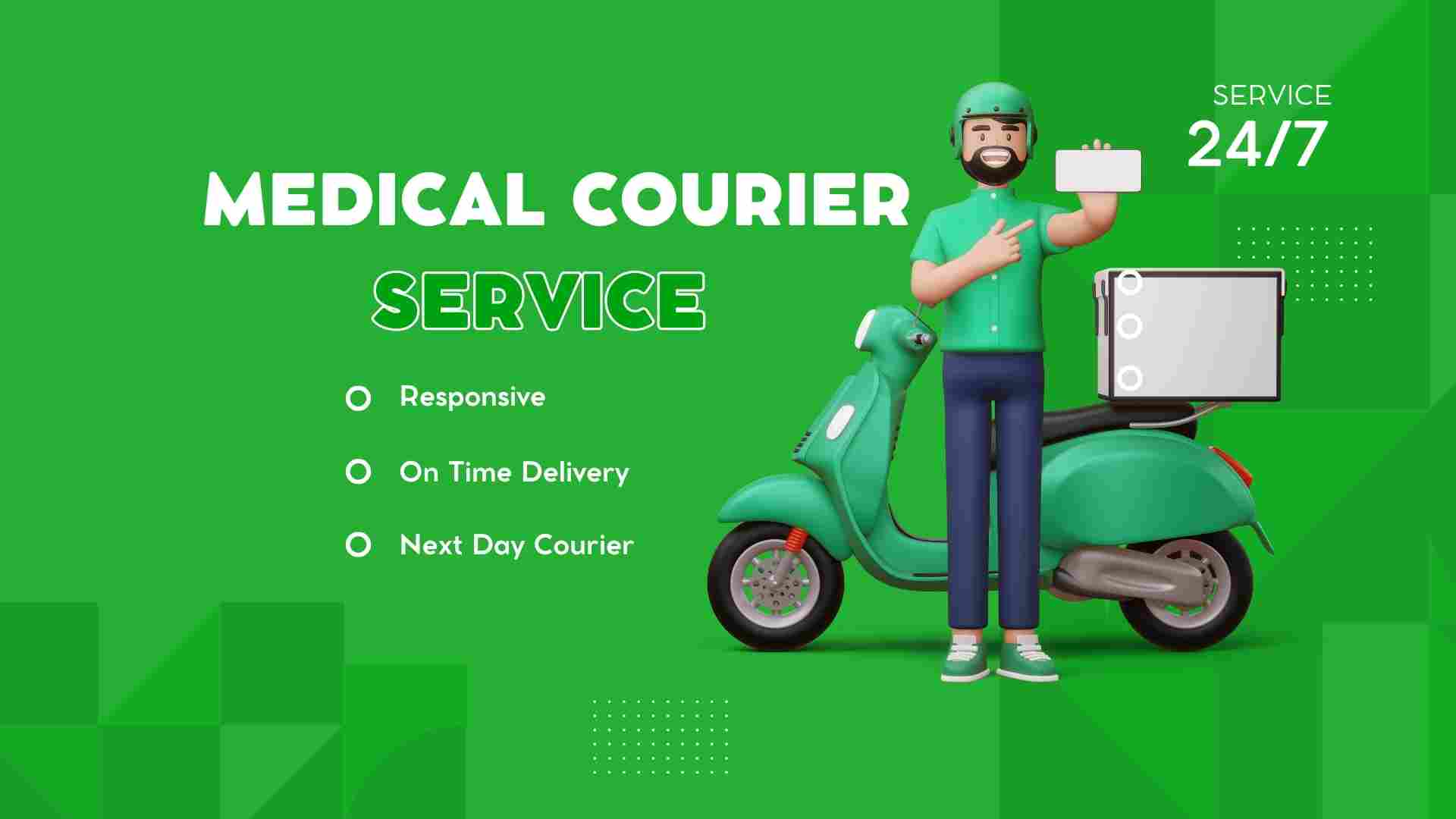How Accelerated Nursing Paths Are Meeting Healthcare Needs

The healthcare system in the U.S. is under a lot of stress, to say the least. There is a growing need for skilled healthcare workers who can step in and make a difference. This is due to things like a lack of nurses and changing patient demographics. One possible answer? Nursing programs that move quickly.
These quick-paced educational paths do more than just get people into scrubs faster. They’re changing the nursing workforce by giving non-traditional students and people who want to change careers a direct path into a field that really needs them.
Let’s look at how these programs are changing the future of health care.
An Answer to a Growing Problem
Everyone knows that the U.S. has a constant shortage of nurses. Many hospitals and clinics are having trouble filling positions because of retirements, burnout, and a rise in the need for care, especially among older adults. The American Nurses Association has said that this lack of nurses won’t go away any time soon. The U.S. Bureau of Labor Statistics says that almost 200,000 new registered nurse jobs will open up every year until 2033.
That number is mind-boggling. Traditional nursing schools are doing their best to meet the need, but they can only make graduates so quickly. Accelerated nursing programs come in here, giving people a way to get more people into the field quickly and easily.
What Do Accelerated Nursing Programs Do?
Accelerated nursing programs, also known as ABSN (Accelerated Bachelor of Science in Nursing), are for people who already have a bachelor’s degree in a different field. These programs, like the ABSN program in Kansas City (or somewhere near you), take the most important nursing classes and clinical experiences and fit them into a much shorter time frame, usually between 12 and 24 months.

What happened? Students finish school faster, take the NCLEX-RN (the national licensure exam), and are ready to work when they graduate. There’s no doubt that it’s a hard journey. The work is hard and fast. But for a lot of people, that’s part of the appeal.
Giving Career Changers New Opportunities
One of the best things about accelerated programs is the people they draw in. These aren’t the usual college freshmen. Students who are on fast tracks are usually in their late 20s, 30s, or even older. Many people have already worked in fields like business, education, communications, and engineering and are now looking for something new to do, maybe because they want to be more hands-on or have a purpose.
Parents who are going back to work, veterans who are moving to civilian life, and others who want a faster, more focused way to get into a high-impact job also like these programs.
Meeting the Needs of Today’s Patients
Things have changed in the world of healthcare. Patients are living longer, dealing with more complicated long-term illnesses, and wanting care that is more personalized and tech-savvy. That means that nurses today need more than just clinical skills. Some of the skills that are expected are adaptability, emotional intelligence, and digital fluency.
Accelerated programs are changing to meet this need. A lot of them teach things like how to use electronic health records, telehealth technology, culturally competent care, and even healthcare policy. These aren’t just “crash courses”; they’re full programs that get graduates ready for the real world of nursing.
Some students who join accelerated programs already have useful soft skills from their previous jobs, like leadership, communication, and problem-solving. This makes them even better at their jobs in clinical settings, especially when they first start working.
The Pros and a Few Cons
Accelerated nursing programs offer a lot of upside and a few downsides. They get qualified nurses into the workforce faster. They give people a second chance at a fulfilling career. And they help healthcare systems address urgent staffing needs without sacrificing educational quality.
These programs can be too much because they move so quickly. Students need to be ready to handle full-time study, long clinical shifts, and a steady stream of tests and assignments, all in a short amount of time. People who have family or financial responsibilities may find it hard to make time for other things.
The good news is that most schools know about these problems and have ways to help, like academic coaching, mental health counseling, and peer mentoring. For those who can keep up, there are real rewards: job security, good pay, and the chance to make a difference that lasts.
A Good Thing for Both Healthcare and Students
Accelerated nursing paths are more than just a way to deal with a lack of nurses. They are a smart and long-lasting way to build a diverse and well-rounded nursing workforce. They let people who want to use their life experiences in the healthcare field get in.
Accelerated nursing programs are at the forefront of quickly meeting the needs of the industry, and for many, they are the right path at the right time.



